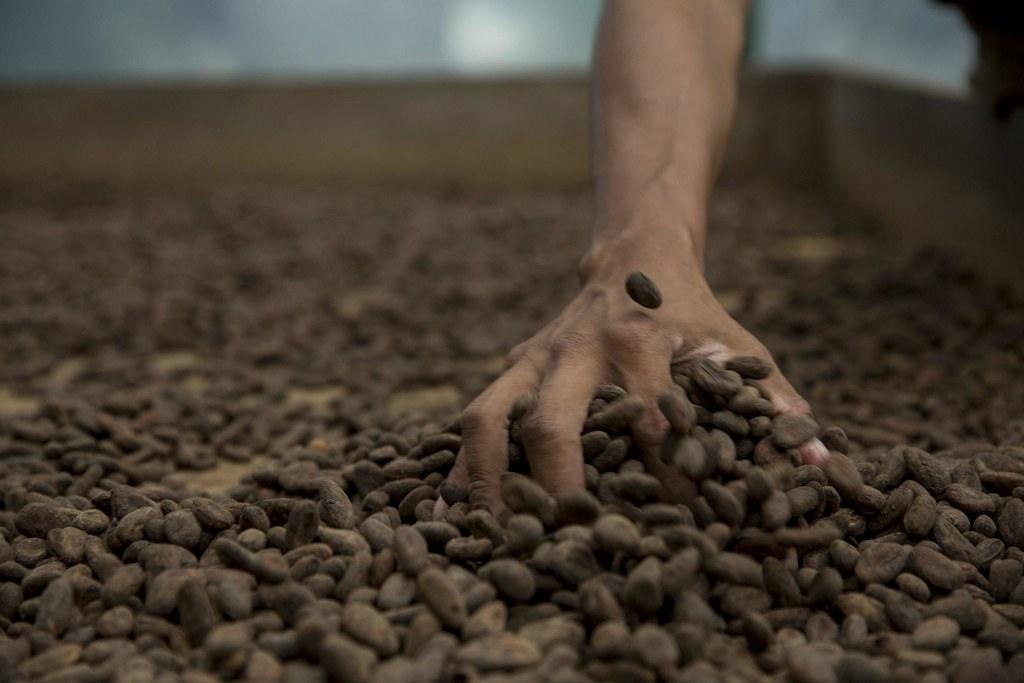
Nestlé identifies over 18,000 child labourers in cocoa supply chain

As part of its monitoring programme, Swiss multinational Nestlé has identified 18,283 children performing “unacceptable” tasks at cocoa farms that supply beans to the company. Over half have been rehabilitated following company intervention.
In 2012, Nestlé established a Child Labor Monitoring and Remediation System (CLMRS) in partnership with the International Cocoa InitiativeExternal link (ICI) in the Ivory Coast to identify children at risk of carrying out problematic jobs and to take remediation measures. This was extended to Ghana in 2016.
On Tuesday, the company released its findings for the 2017/18 period. Of the 78,580 children being monitored on its supplier farms, 23% were found to be engaged in “unacceptable” tasks compared to 17% in 2017 (40,728 children monitored). The most common malpractice was found to be children carrying heavy loads (62%), followed by working with sharp tools (25%). Not all tasks done by children on cocoa farms were classified as child labour.
“For example, in the cocoa drying process, children can help their parents spread the beans out evenly over a large table so that they dry properly. This task is in no way hazardous to their health, nor does it interfere with their schooling if done only occasionally,” states the Nestlé report.
The CLMRS has almost 74,000 farmers in its database, of which 45,000 were surveyed. Illiterate parents, especially mothers, was found to be a major risk factor for child labour. Most of Nestlé’s interventions to reduce child labour involved investment in education, like building new schools or refurbishing existing ones. Following such interventions, 55% of children stopped participating in unacceptable work.

More
Chocolate industry makes pact to improve conditions

In compliance with the JTI standards
More: SWI swissinfo.ch certified by the Journalism Trust Initiative



























You can find an overview of ongoing debates with our journalists here . Please join us!
If you want to start a conversation about a topic raised in this article or want to report factual errors, email us at english@swissinfo.ch.